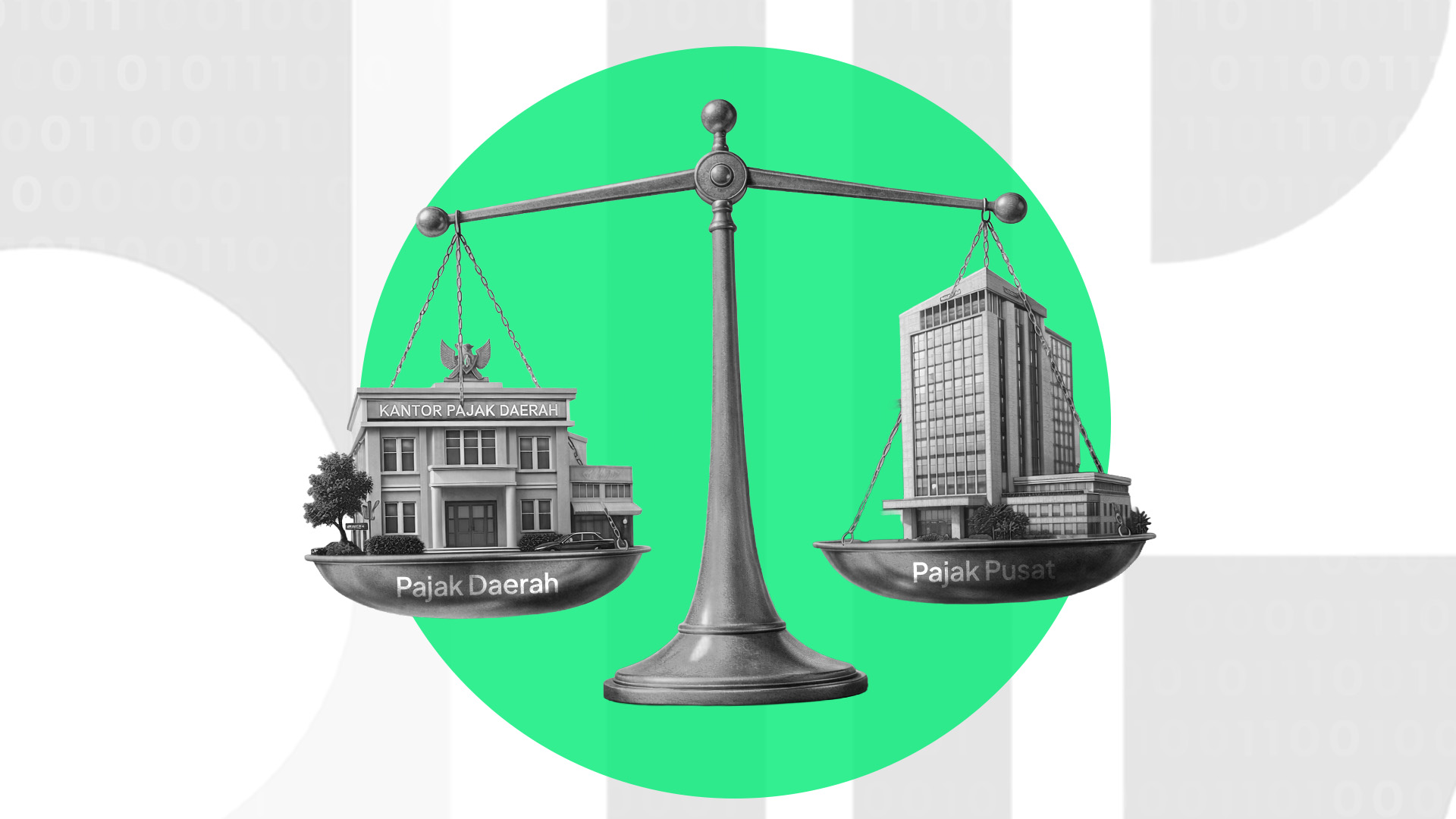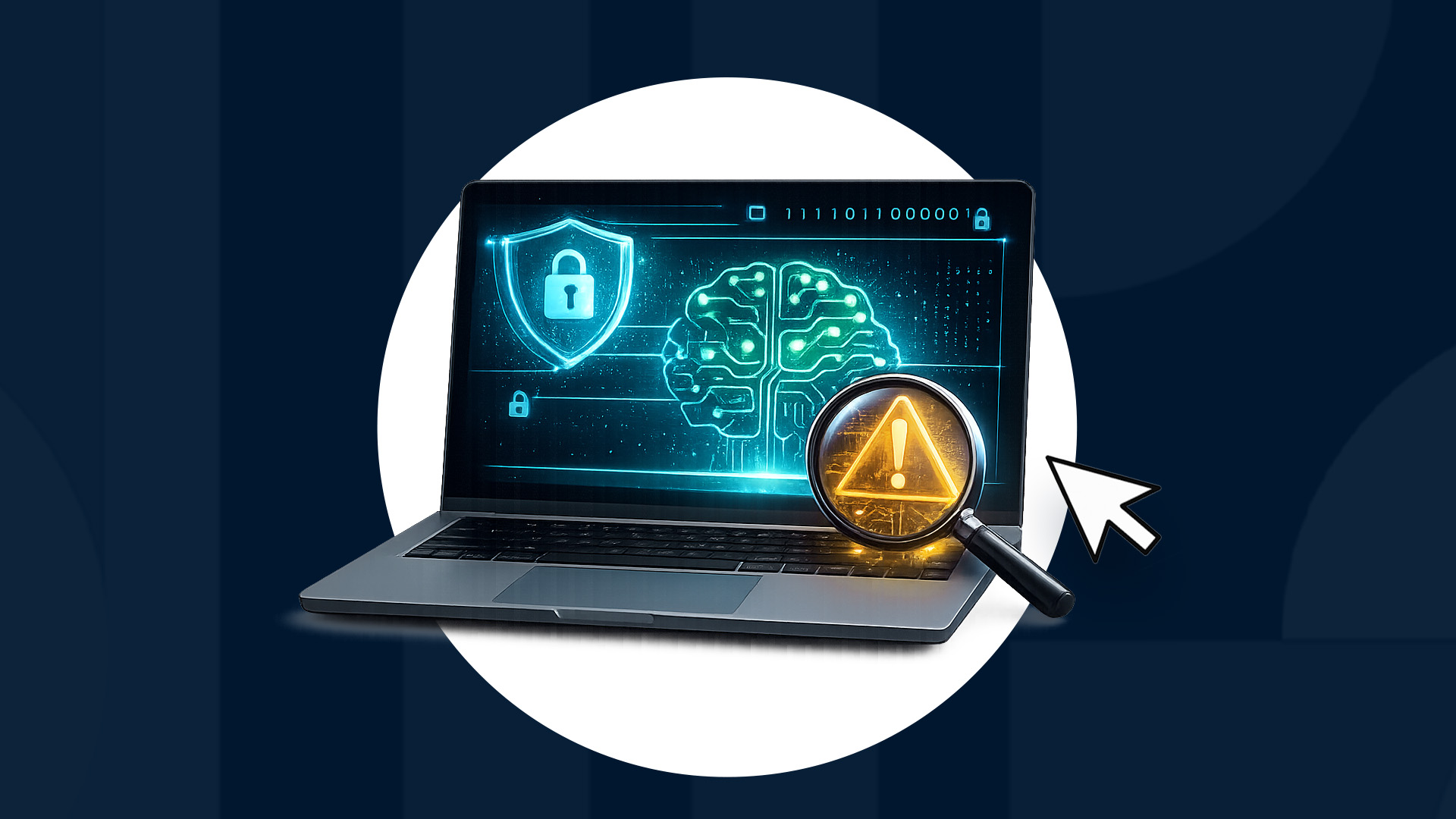Digital literacy has become an essential skill to understand and apply. Digital literacy refers to understanding the digital world, including how to use digital devices, process information, interact digitally, and understand the risks of the digital world.
Definition of Digital Literacy
Digital literacy is the ability to use digital technology, communication tools, or networks to access, manage, integrate, analyze, and critically evaluate information. Examples include various skills such as understanding and using computer hardware and software, managing digital data and information, communicating through digital platforms, and applying principles of security and privacy in the digital world.
Digital literacy is not just about advanced technology; it is also easily found in everyday life. For example, managing emails, communicating through social media, searching for information on the internet, or using applications for work or learning are simple forms of digital literacy that you might already do every day.
Four Pillars of Digital Literacy
The four pillars of digital literacy are part of the Digital Literacy Roadmap 2021-2024 developed by the Ministry of Communication and Information Technology (Kominfo). Implementing these digital literacy pillars aims to create a society that is not only digitally smart but also responsible and safe in using technology. Here are the four pillars of digital literacy:
-
Digital Skill
Digital skill relates to an individual's ability to understand and use hardware, software, and digital operating systems in daily life. Digital skills include basic competencies such as using computers, smartphones, applications, and other digital devices in everyday life.
-
Digital Culture
Digital culture involves societal activities in the digital space while upholding national values, Pancasila, and diversity. Although the digital space is often seen as unregulated, it is essential to remember that ethics and manners must still be maintained, just like in the physical world. Digital culture helps maintain harmony and unity in the digital world.
-
Digital Ethics
Digital ethics refers to the ability to be aware of, consider, and develop ethical governance in everyday life. This includes how we interact and communicate online with courtesy and respect for privacy and the rights of others.
-
Digital Safety
Digital safety involves the ability of society to recognize, implement, and raise awareness about protecting personal data and digital security. This includes understanding how to protect personal information, recognizing security threats like malware and phishing, and knowing the steps needed to maintain data security.
Challenges in Digital Literacy
Although digital literacy is a crucial cornerstone, it also faces various challenges that need to be addressed. Here are some challenges in enhancing digital literacy:
-
Technology Access Gap
Not everyone has adequate access to digital devices and the internet. In many areas, especially in rural and remote regions, technological infrastructure is still very limited. This creates a significant digital divide between urban and rural areas.
To address this, the government and the private sector must collaborate to improve technological infrastructure across all regions, including remote areas. Subsidy programs for devices and internet access for underprivileged communities can also help reduce the digital divide.
-
Lack of Education and Training
Many people still do not understand how to use technology correctly and safely. Knowledge about using digital devices, applications, and the internet is still limited, making many vulnerable to fraud and cyber threats.
The government needs to provide comprehensive digital literacy education and training programs for all groups, both in schools and communities.
-
Spread of Fake Information (Hoaxes)
The spread of fake information or hoaxes is becoming more rampant in this digital era. Many people struggle to distinguish between true and false information, making them easily influenced by inaccurate news.
-
Cyber Insecurity
Cyber threats such as online fraud, identity theft, and malware attacks are becoming more common. Many internet users are unaware of the importance of digital security, making them vulnerable to cyber-attacks.
To counter this, internet users must take several precautions, such as using strong passwords, enabling two-factor authentication, and avoiding clicking on suspicious links.
-
Limited Knowledge of Digital Ethics
Many internet users do not yet understand digital ethics, such as the importance of protecting others' privacy, respecting copyrights, and behaving politely online. This can lead to conflicts and ethical violations in the digital space.
-
Complexity of Evolving Technology
Digital technology continues to evolve rapidly, and not everyone can keep up with these developments. The use of new technologies often requires new knowledge and skills that not everyone possesses.
Therefore, ongoing training on the latest technology is necessary to ensure that society remains informed and skilled in using technology.
Addressing these challenges requires collaborative efforts from the government, educational institutions, and society to improve digital literacy understanding and skills.
The Importance of Digital Identity in Digital Literacy
Digital literacy is not just about knowing how to use technology but also about understanding how technology can be used to enhance our lives. One important example of digital literacy is protecting personal information confidentiality.
Personal data includes various information such as names, addresses, identity numbers like ID cards or passports, phone numbers, email addresses, financial information such as bank account numbers, medical information, as well as genetic and biometric data.
The security of digital personal data is crucial for maintaining individual integrity. One step to securing personal data is by implementing digital identity verification. Verification is essential protection for various purposes, from financial transactions to access to health and education services.
One reliable provider is VIDA. As a digital security provider, VIDA offers verification, authentication, and digital signature services designed to protect personal data and maintain user integrity.
Understanding digital literacy is the gateway to utilizing technology positively and productively!

.png)

.jpeg)
